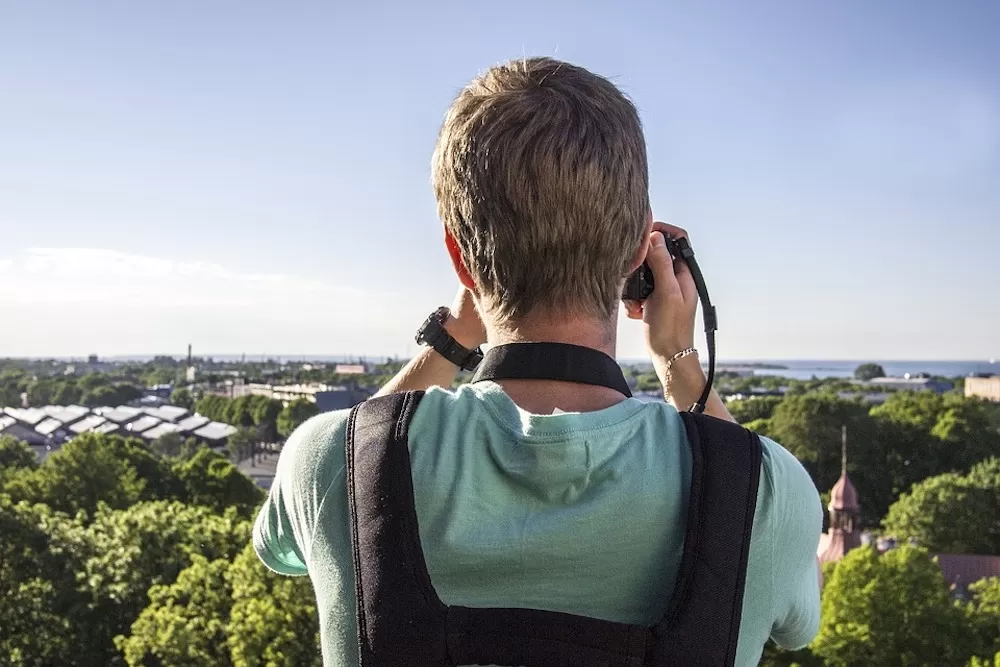
Although Estonia has set plans on reopening its borders soon, The Ministry of Foreign Affairs of Estonia has updated the travel restrictions for those traveling the country from May 10 to 16, 2021. SchengenVisa Info reports that those entering the country from fellow EU member-states will be required to undergo tests and to self-isolate for a ten-day quarantine upon arrival. “Due to the rapid introduction of measures, both travel opportunities and return opportunities to Estonia may change unexpectedly. Seriously evaluate the necessity of your trip and research travel information about your destination and transit country, as well as make clear the conditions for entering and leaving the country, in addition to other important information about the destination country,” said a statement released by the Ministry.
These restrictions, however, do not apply to countries that currently have low infection rates. They include Finland, Finland, Ireland, Malta, Norway, Portugal, Romania, San Marino, and Slovakia. Travellers from these countries will be allowed entry into Estonia without having to undergo tests and go into quarantine upon arrival. This privilege also extends to countries outside of the EU that also currently have low infection rates. They include Australia, Rwanda, Singapore, Thailand, and New Zealand. Meanwhile, those coming from Israel and Korea will still be allowed entry but will have to undergo the ten-day travel restriction as laid out by the ministry. Do note that the ten-day quarantine restrictions can be shortened if a second test, taken six days after arrival in Estonia, shows that the traveller is/remains negative of Covid-19.
Despite Estonia's newly updated restrictions, it might soon finally reopen its borders once the EU fully implements the Digital Green Certificates this June 2021. Announced back in March, this new vaccine passport system allows travelers who have been vaccinated, tested negative (at least 72 hours prior to the trip), or have fully recovered from Covid-19 free entry and free movement within the EU. The electronic document will serve as proof of any of those mentioned and, alongside Schengen Visas and valid passports, will be required to enter Europe.
